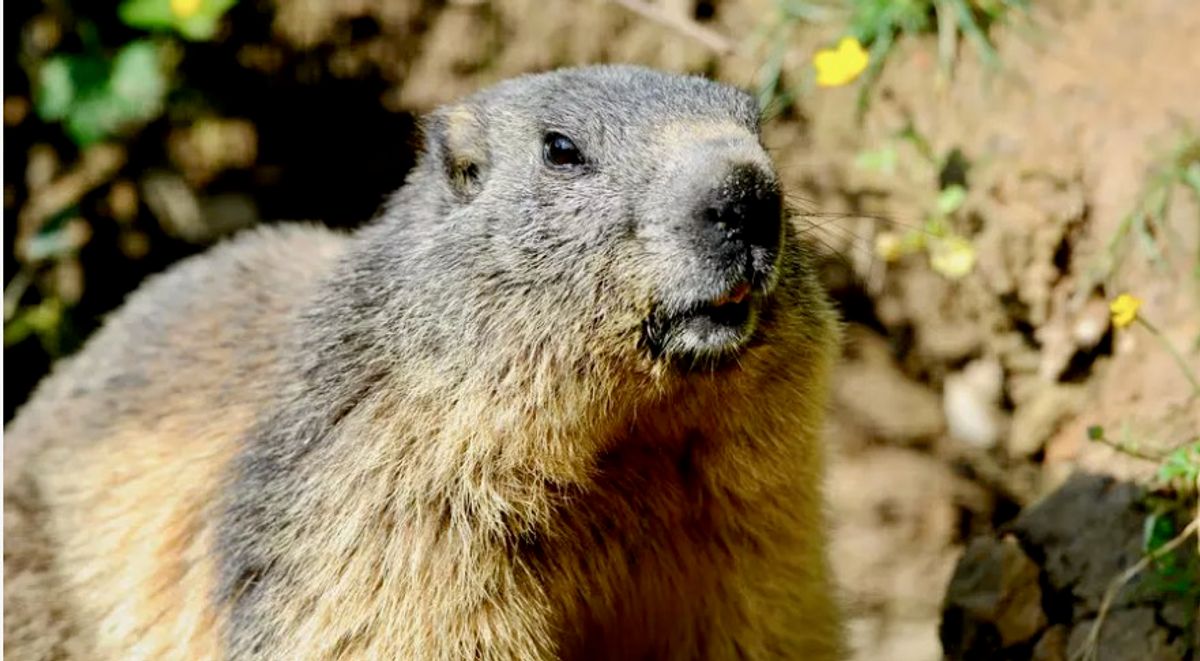New York (AFP) – America's late night talk shows once were appointment viewing, but with ratings tanking and ad revenues plummeting, their coveted place on the small screen is in question.

Barack Obama appeared 'The Tonight Show" with then host Jay Leno in 2009 © MANDEL NGAN / AFP/File
The hosts of yesterday and today -- comedians from Johnny Carson and Jay Leno to Jimmy Fallon and Jon Stewart -- are household names, and their jokes were once mandatory conversation starters at the water cooler.
But NBC, home to "The Tonight Show," hosted by Fallon, recently moved from five new episodes a week to four -- a sign of the not-so-great times.
"Late night TV is just not that relevant in today's television world," said Jeffrey McCall, a professor specializing in media at DePauw University in Indiana.
Each show follows a similar formula -- a host sits behind a desk and celebrity guests tell funny anecdotes, promote their latest work, and even play self-deprecating games for audience amusement.
Advertising
Thanks to the advent of streaming and clips going viral on the internet, these hosts -- David Letterman and Stephen Colbert are other examples -- have become globally recognized.
But the format is stagnating: the most popular among them, Colbert's "Late Show" on CBS, has seen its audience slashed by 32 percent over the last five years.
And ad revenue is vanishing. In the first eight months of 2024, it fell 10 percent, according to media analytics firm Guideline, after an even bigger drop last year.
"Late night was once a fabulous generator of profit," because shows were cheaper to produce than primetime fare and featured abundant commercial time, explained Bill Carter, the author of several books on the topic.
"Profits the shows provide have shrunk toward non-existent."
NBC's decision to cut one episode of "The Tonight Show" per week came after CBS and ABC -- Kimmel's home network -- had done the same thing.
In the last three years, several high-profile hosts have thrown in the towel, including Conan O'Brien (TBS) and James Corden (CBS) -- prompting the networks to scrap their programs altogether.
In the middle of the 2010s, late-night TV seized the moment offered by YouTube, where clips could be posted, consumed whenever and sometimes go viral.
Corden created a worldwide success with his "Carpool Karaoke" series featuring superstars singing with him in his car.
But even that online money-spinning success has dried up, with YouTube offering advertisers far lower rates than traditional network broadcasts.
The podcast threat

© John Lamparski / AFP/File
Another issue is that late night programs have a limited shelf life, unlike films or scripted television series, which have found a second life on streaming platforms.
"I do think the format needs updating. It has basically been the same since Steve Allen," Carter said, referring to the first host of "The Tonight Show" in 1954, who is considered the father of the genre.
For Mitch Semel, who oversaw the production of several late night shows, "there was a lot of comfort in having a show be the same every night or every week."
"Now, we're in an era where people like much more, playing with formats, surprising viewers, trying to mash genres and styles together," he said.
Streaming platforms facing strained budgets have attempted to join the late night game, with Hasan Minhaj's "Patriot Act" on Netflix or Amazon Prime's "Influenced," which targeted younger viewers by tackling trending topics on social media.
"The late night hosts historically need viewers who tend to be younger," McCall said. "At this point, Kimmel, Fallon and Colbert are all 50+ years of age, with Colbert now 60. They would seem rather old."
As if the competition for viewers from series, films, social media and sports events was not enough, late night shows also must contend with podcasts filmed and aired on YouTube and Spotify, which Carter says "offer some of the flavor of late night."
Another issue is that late night programs have a limited shelf life, unlike films or scripted television series, which have found a second life on streaming platforms.
"I do think the format needs updating. It has basically been the same since Steve Allen," Carter said, referring to the first host of "The Tonight Show" in 1954, who is considered the father of the genre.
For Mitch Semel, who oversaw the production of several late night shows, "there was a lot of comfort in having a show be the same every night or every week."
"Now, we're in an era where people like much more, playing with formats, surprising viewers, trying to mash genres and styles together," he said.
Streaming platforms facing strained budgets have attempted to join the late night game, with Hasan Minhaj's "Patriot Act" on Netflix or Amazon Prime's "Influenced," which targeted younger viewers by tackling trending topics on social media.
"The late night hosts historically need viewers who tend to be younger," McCall said. "At this point, Kimmel, Fallon and Colbert are all 50+ years of age, with Colbert now 60. They would seem rather old."
As if the competition for viewers from series, films, social media and sports events was not enough, late night shows also must contend with podcasts filmed and aired on YouTube and Spotify, which Carter says "offer some of the flavor of late night."

Jimmy Kimmel hosts a late night show on ABC © Patrick T. Fallon / AFP/File
"The Joe Rogan Experience," the most downloaded podcast in the world, and the popular "Call Her Daddy" offer viewers spontaneity and the unexpected.
Those were once both hallmarks of late night, but now, "even the guest segments are very carefully prepared" on network shows, according to Semel.
A podcast without time constraints that can evolve in real time "brings more enjoyment for the guests and for the hosts, and probably by translation, for the listeners and viewers as well," Semel said.
"We all like it when we see people who are talking genuinely having fun, not manufactured fun."
© 2024 AFP
"The Joe Rogan Experience," the most downloaded podcast in the world, and the popular "Call Her Daddy" offer viewers spontaneity and the unexpected.
Those were once both hallmarks of late night, but now, "even the guest segments are very carefully prepared" on network shows, according to Semel.
A podcast without time constraints that can evolve in real time "brings more enjoyment for the guests and for the hosts, and probably by translation, for the listeners and viewers as well," Semel said.
"We all like it when we see people who are talking genuinely having fun, not manufactured fun."
© 2024 AFP










